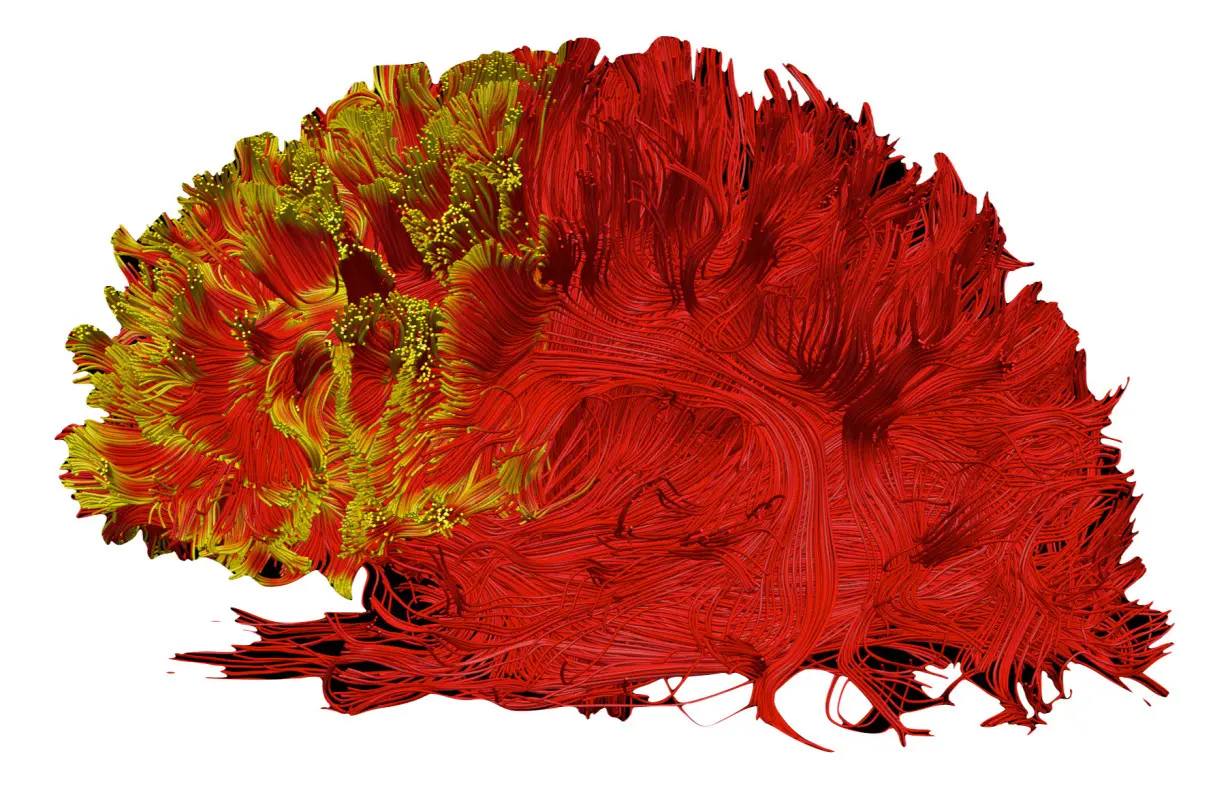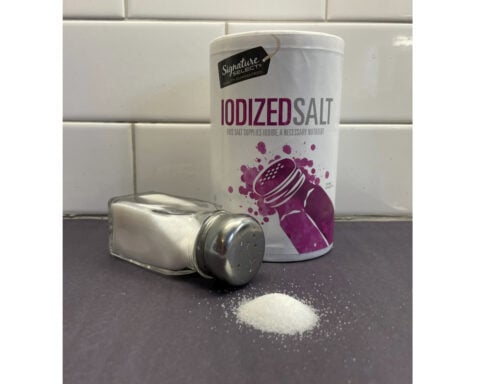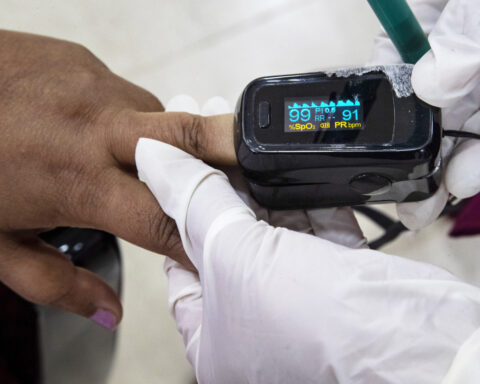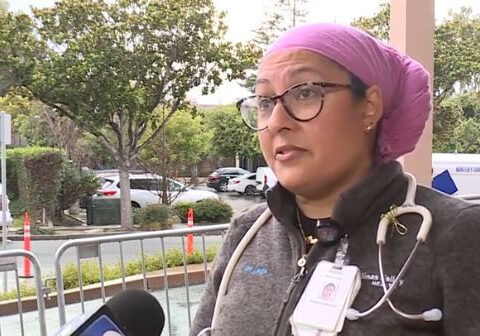By Puyaan Singh
(Reuters) - Roughly 15.5 million U.S. adults have attention-deficit hyperactivity disorder, and most of them struggle with gaining access to treatment for the condition, according to data from a U.S. study released on Thursday.
Only about one-third of those reporting a diagnosis of ADHD said they had received a prescription for a stimulant drug used to treat it in the previous year, researchers reported in the U.S. Centers for Disease Control and Prevention's Morbidity and Mortality Weekly Report.
In addition, nearly three quarters of those with a prescription for a stimulant drug reported difficulty getting it filled because the medication was unavailable.
Worldwide, around 2% to 5% of adults experience ADHD symptoms such as inattention, hyperactivity, and impulsivity. This study provides the first prevalence data on ADHD in U.S. adults since 2003.
The amphetamine drug, commonly sold under the brand name Adderall, is a first-line, or initial option, treatment for adults with ADHD.
Prescribing has increased since the COVID-19 pandemic began, but shortages of this and other stimulant medications have affected patients who rely on it, the study found.
ADHD symptoms typically begin in childhood. In the survey, however, 55% of those with the condition said they had been diagnosed as adults.
Telehealth policies implemented during the COVID-19 pandemic expanded access to ADHD diagnosis and treatment, including medication, the researchers from the CDC noted in the report.
Almost half of surveyed individuals had turned to telehealth services for ADHD-related care, including for access to medication.
The survey's findings could help guide clinical care and regulatory decisions, including around prescribing through telemedicine, its authors said.
Telemedicine might improve access to behavioral treatment, such as counseling or therapy, as well as for medication prescriptions, for these patients, they said, although research into the effectiveness and safety of telemedicine for ADHD is limited.
The study's estimates are based on National Center for Health Statistics rapid survey data collected during October–November 2023 from 7,046 adults age 18 or older.
(Reporting by Puyaan Singh in Bengaluru; editing by Nancy Lapid and Bill Berkrot)

 Car with dog inside stolen during quick coffee shop stop, woman says
Car with dog inside stolen during quick coffee shop stop, woman says
 Longtime public works employee dies after being hit by sliding dump truck
Longtime public works employee dies after being hit by sliding dump truck
 Man faces retaliation charge against prosecutor in connection to drug case
Man faces retaliation charge against prosecutor in connection to drug case
 Tennis star Naomi Osaka says she and rapper Cordae are no longer in a relationship
Tennis star Naomi Osaka says she and rapper Cordae are no longer in a relationship
 A far-right leader could soon take the helm in EU member country Austria. Here's why it matters
A far-right leader could soon take the helm in EU member country Austria. Here's why it matters
 Brazil's trade surplus shrinks by nearly a quarter in 2024 on rising imports
Brazil's trade surplus shrinks by nearly a quarter in 2024 on rising imports
 California governor proposes $322B budget with no deficit
California governor proposes $322B budget with no deficit
 US companies rush to bond market in fundraising flurry
US companies rush to bond market in fundraising flurry
 CNN founder Ted Turner recovering from pneumonia
CNN founder Ted Turner recovering from pneumonia
 Castroneves to attempt to qualify for Daytona 500, would be NASCAR debut for 4-time Indy 500 winner
Castroneves to attempt to qualify for Daytona 500, would be NASCAR debut for 4-time Indy 500 winner








